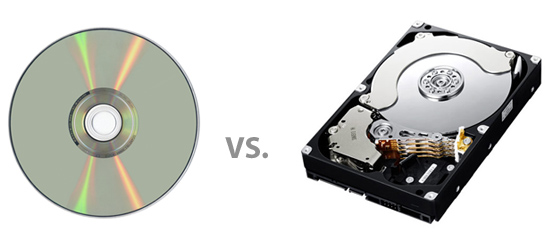
If you’re looking to get your video tapes converted to a more modern, digital format, you have a couple of choices. We can transfer your video to optical storage devices such as DVD or Blu-ray or we can transfer them as digital video files onto a hard drive. Depending on what you want to achieve out of your video transfer, each choice has some pros and cons.
Transferring Video to DVD or Blu-ray
Transferring videos to DVD is one of the most common transfer requests we receive. The video will come formatted, ready to play on your home DVD or Blu-ray player the minute you bring them home. This is great for people who need little to no editing, and just want to watch their tapes as-is. Many times, no editing is needed, which is why many opt for this type of transfer. The downside to transferring your video straight to DVD is that it’s much more difficult to edit your video if you wanted to. This is due to the fact that when a playable DVD-movie is created, the source video is actually compressed to fit onto the disc. This compression causes quality loss when trying to rip the data from the disc for editing, and then re-encoding the file again to place back onto a new disc.
Transferring Video to Hard Drive
When your video is transferred to your hard drive as digital video files, it’s much easier to edit and manipulate them because you’ll be working with the actual source video files, which are essentially uncompressed. We can provide you with a variety of container files including .MOV .AVI and more. This allows you to create stunning, fully edited sequences with no potential quality loss like you’d experience trying to edit from a DVD. The downside to transferring to hard drive is that you would need to create your own DVD movies once the editing portion has been completed.
So it basically boils down to two points. If you want to watch your footage immediately, and pass out copies to your friends and family, we recommend simply transferring your video to DVD. However, if you want to edit your footage and create your own project, we highly recommend to transfer all of your footage to a hard drive to make it easier to work with.




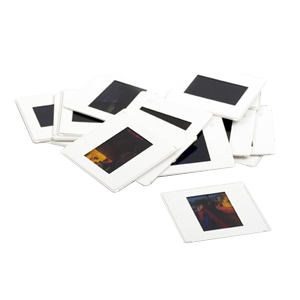

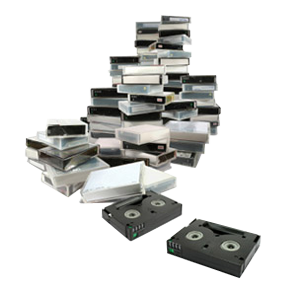
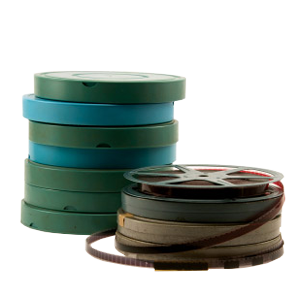
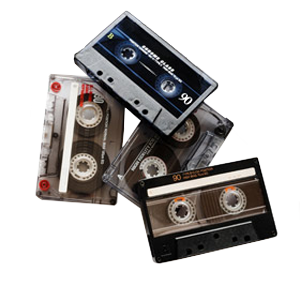
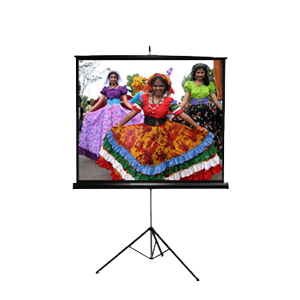
I’m wanting to copy (2) tapes over to DVD from a Sony Cam Coder. They are of mini reunion of my Army buddies, and wives, and I want to share it with the others. I do have a laptop computer, also a DVD player, I think its a Jensen. I’m not sure of its capabilities as to transferring the recorded movie to DVD. I have read the several options I could go with. I just don’t want to mess it up, for one of my buddies died that Dec., and I want to be sure everything is copied without lost. Time is running out for me to get it done. Depending on the cost to have it done, I may go that route.